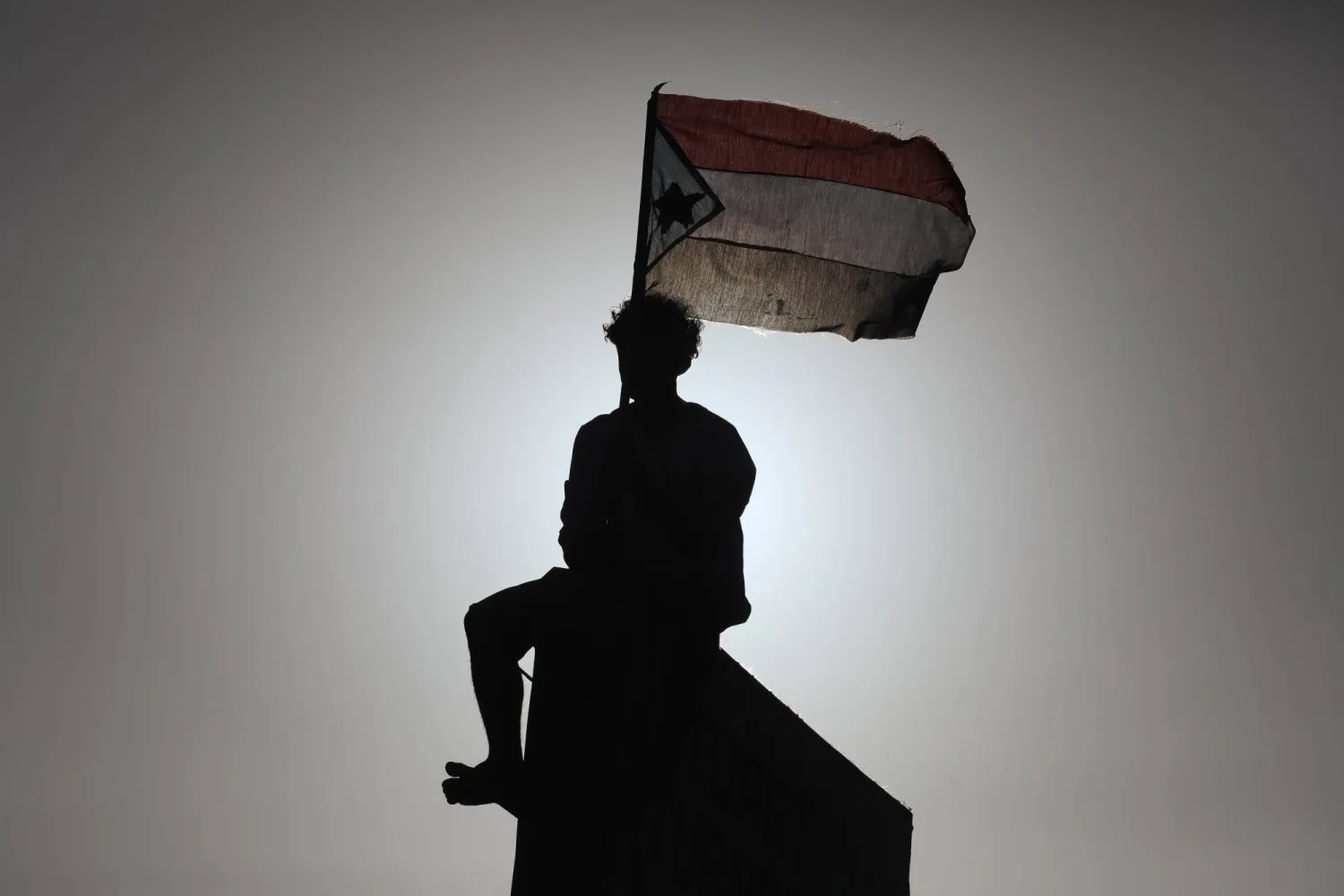Israel's Western allies have condemned remarks by the country's far-right finance minister who suggested that the starvation of Gaza's population of more than 2 million Palestinians "might be just and moral" until hostages captured in Hamas' Oct. 7 attack on southern Israel are returned home.
Finance Minister Bezalel Smotrich said in a speech on Monday that Israel had no choice but to send humanitarian aid into Gaza.
"It’s not possible in today’s global reality to manage a war — no one will allow us to starve 2 million people, even though that might be just and moral until they return the hostages," he said at a conference in support of Jewish settlements.
Smotrich, a key partner in Prime Minister Benjamin Netanyahu's governing coalition, supports the reoccupation of Gaza, the rebuilding of Jewish settlements that were removed in 2005, and what he describes as the voluntary migration of large numbers of Palestinians out of the territory.
The European Union on Wednesday condemned his remarks, noting that the "deliberate starvation of civilians is a war crime."
EU foreign policy chief Josep Borrell called the remarks "beyond ignominious," saying "it demonstrates, once again, his contempt for international law and for basic principles of humanity."
David Lammy, Britain's new foreign secretary, said "there can be no justification for Minister Smotrich’s remarks."
"We expect the wider Israeli government to retract and condemn them," he wrote on the social media platform X.
Germany's ambassador to Israel, Steffen Siebert, called the remarks "unacceptable and appalling."
"It is a principle of international law and of humanity to protect civilians in a war and to give them access to water and food," he wrote on X.
Egypt's foreign ministry on Thursday also condemned Smotrich's remarks, describing them as "shameful statements unacceptable in form and substance" and a violation of international humanitarian law. Such "irresponsible statements" create incitement against Palestinians in the Gaza Strip, the ministry added.
The ongoing war sparked by Hamas' attack has plunged Gaza into a humanitarian catastrophe. The vast majority of its population has been displaced within the blockaded territory, often multiple times, and hundreds of thousands are packed into squalid tent camps.
The leading international authority on the severity of hunger crises, the Integrated Food Security Phase Classification, said in June that Gaza was at "high risk" of famine.
Aid organizations say efforts to deliver food and other assistance have been hindered by Israeli restrictions, ongoing fighting and the breakdown of law and order. Israel says it allows unlimited humanitarian aid to enter and blames UN agencies for failing to promptly deliver it.
Hamas-led fighters killed about 1,200 people in the surprise attack into Israel that triggered the war and took around 250 hostages. Some 110 hostages are still being held in Gaza, though Israel believes that about a third of them are dead. Most of the rest were released during a weeklong November cease-fire.
Israel's ongoing offensive has killed nearly 40,000 Palestinians, according to Gaza's Health Ministry, and has caused widespread devastation.









